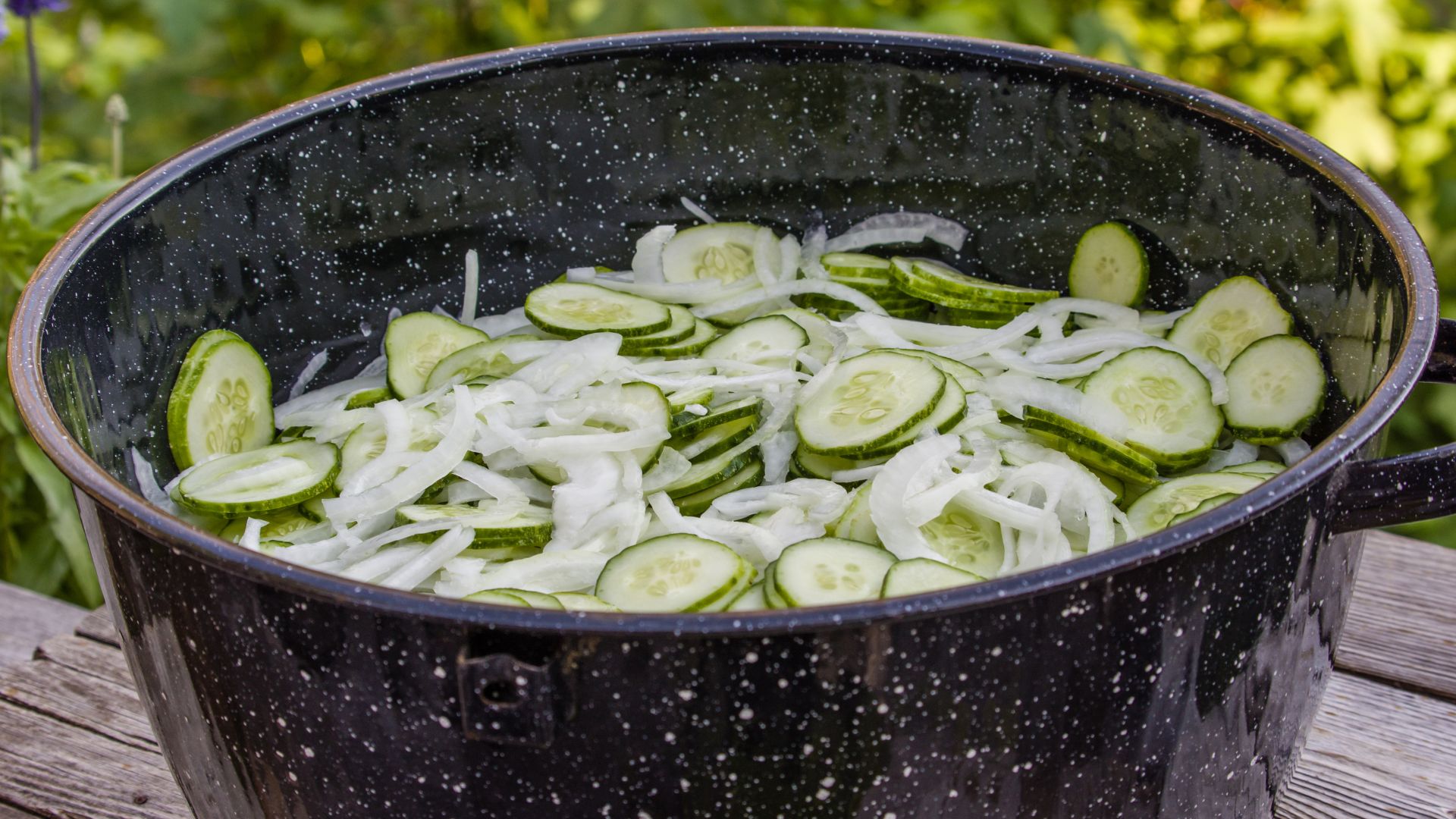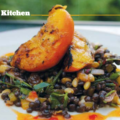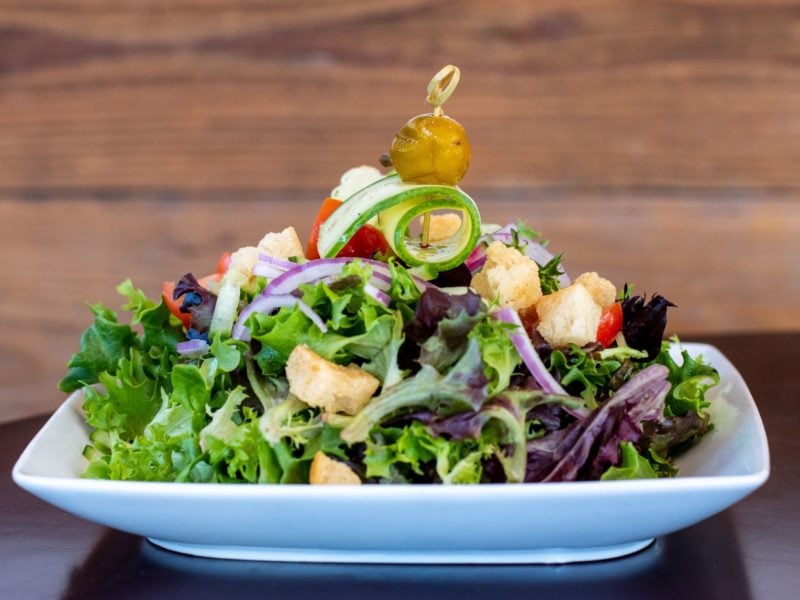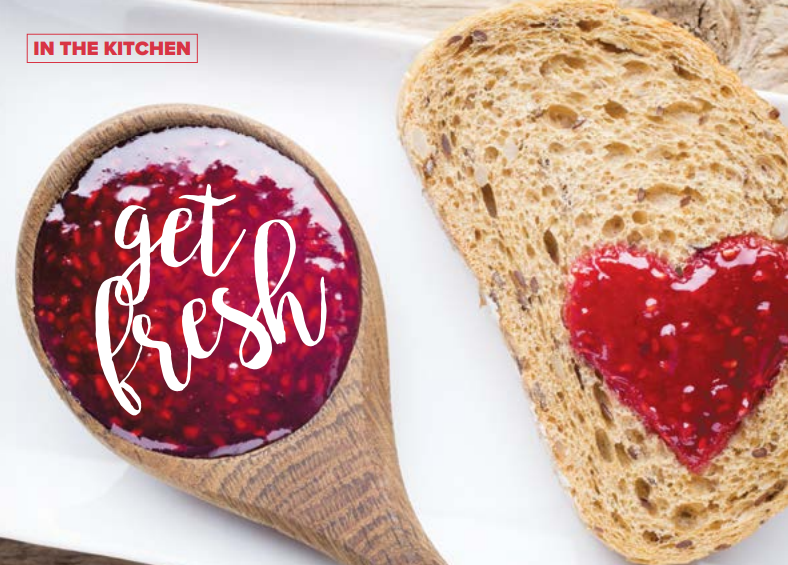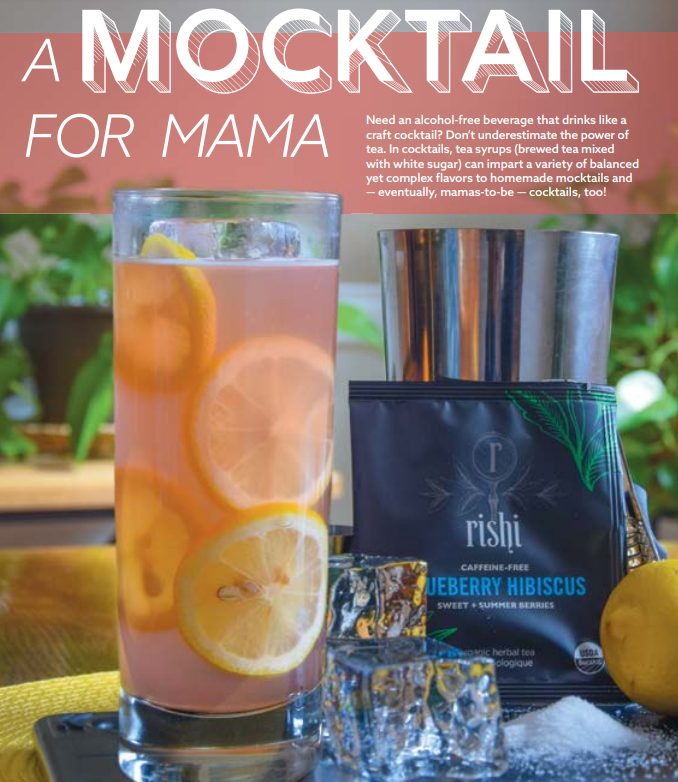As Celeste Hill pushes her daughter, Evelyn, through the isles of Trader Joe’s, the three-year-old pipes up “Those are eggs. They aren’t vegan so we don’t eat them.” Evelyn is blunt, but her five-year-old brother is more thoughtful in his evaluation. “I don’t eat animals because that would make them sad.”
Back at home, Hill prepares black bean burgers, a typical Tuesday-night dinner for her family. But this meal might look a bit different than the spread on your family’s dinner table; Hill is vegan and raising her two children that way too.
A vegan diet doesn’t contain any animal products, so eggs, cheese, and honey are out along with meat, while vegetarians forego only meat. Either way, the idea can bewilder many parents who struggle just to get their child to eat a spoonful of peas.
Creating a community
“Vegan parenting isn’t usually talked about within the larger animal rights community,” says Al Nowatzki, a co-facilitator of VegKins along with Celeste Hill. Animal rights coalition programming coordinator, Dallas Rising, who originally developed the idea for a vegan parents group, added, “We were seeing people who had been active with animal rights having kids. Their lifestyles have changed but they haven’t ditched their values.”
“I’m a firm believer that you have to fit into the society that you have.” Nowatzki says. Which means that kids will go to birthday parties and eat in the school cafeteria with their friends; friends who will likely be enjoying hotdogs, chicken nuggets, cupcakes, and milkshakes.
That’s where VegKins comes in. The gathering of about 20 kids and their parents seems like your typical playgroup, but with a twist. The adults discuss everything from packing lunches for school to dealing with extended family members who aren’t supportive of a vegan lifestyle while the kids play games and nibble on snacks and sweets made without animal products.
Vegan parents seeking to raise their kids on the same diet face some unique challenges. For instance, how do they tackle the sometimes-challenging question about why some people choose to eat meat while their family does not? Celeste Hill’s approach to this common conversation is straightforward but simple: “I tell my kids that some people eat animals and some people don’t, but that our family doesn’t need to eat animals. I don’t want to give a negative image of other people and I want my kids to be respectful of their choices.”
Letting the kids choose
Once Hill, Nowatzki, and parents like them have worked their way through the inquisition by relatives and acquaintances the inevitable question comes: when their kids are older, will they be allowed to choose how they want to eat, or will they be expected to follow their parents’ lead? “What you eat is a choice, whether you acknowledge it or not.” Hill says. She hasn’t set a firm date when she will let Evelyn and Elliott choose how they will eat, but has developed a plan. “When they’re teenagers we’ll give them all the information and let them decide what they think is the most healthful” but she maintains, “If that’s the worst way that my kids can rebel, I’m doing pretty well.”
While Nowatzki’s kids are still several years away from the infamously rebellious tween and teenage years, he doesn’t anticipate that their eating habits will change. “Kids usually rebel against the status quo, and veganism certainly isn’t that.” Regardless of what Anna and Liam, now ages five and three, respectively, choose, Nowatzki intends for veganism to remain the house rule. “When they’re older my kids can spend their money on whatever they want, but it won’t be my money, and it won’t happen under my roof.”
Minneapolis mom Terri Bouressa had a different approach when raising her children, Maria and Saul, both now living on their own. “Growing up, I knew a family that wouldn’t let their kids have any candy. When they were away from their parents that was all that they would eat. I didn’t want meat to become a ‘forbidden’ thing for my family.”
But she won’t make a different entrée for every member of her family, either. “I would buy lunch meat for my kids, but our dinners were always vegetarian. If they were eating out at a restaurant or at summer camp they could choose meat if they wanted, but I never cooked it for them.”
Food fight
Here’s a flip side: what do you do when your daughter comes home from fourth grade and decides that she is now a vegetarian in a family of meat eaters? Rising says, “Parents shouldn’t see her choice as a ‘disrespect thing,’ but rather be proud of their kid for being a critical thinker,” speaking partly from her own experience. Although her decision to become vegetarian, and later vegan, as a child created some tension with her mom at first, she is now more open to the lifestyle.
Nowatzki was in his 20s when he made the switch from a self-described “meat and cheese guy” to being vegan but had a similar experience with his parents at first. “I’ve become closer with my mom through cooking together,” he says. “Before I became vegan I didn’t care about cooking.”
Healthy eating, any way you slice it
Evelyn and Elliott Hill’s favorite foods seem typical of most American kids; pizza, tacos, and peanut butter and jelly sandwiches top the list (albeit vegan versions). But not far behind are broccoli and pineapple for Elliott, and kale chips and raspberries for Evelyn.
“Sometimes people have this perception that veganism isn’t healthy for children, but I think it pushes my kids to try a greater variety of options. Instead of gravitating toward processed foods, they eat a lot more fruits and veggies,” Hill says. Time-pressed parents need not worry, either. “There’s a false idea of how much time it takes to cook healthful food. It doesn’t take any longer than ordering take-out would.”
The Academy of Nutrition and Dietetics and American Academy of Pediatrics (AAP) agree that vegan and vegetarian diets are healthy—if they are well planned. Parents of vegan kids will need to pay closer attention to their kids’ diets to make they’re getting adequate amounts of Vitamin B12, Vitamin D, calcium, iron, and protein, but otherwise are healthy and grow at similar rates to their omnivore counterparts.
Bouressa says if she were to raise her kids all over again she would still approach eating the same way, but added, “It would be easier since now there are a lot more vegetarian options for kids.”




